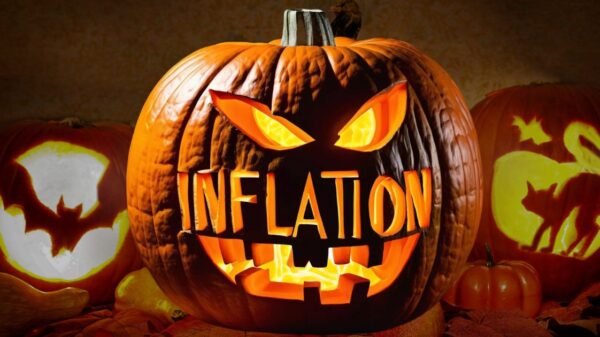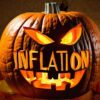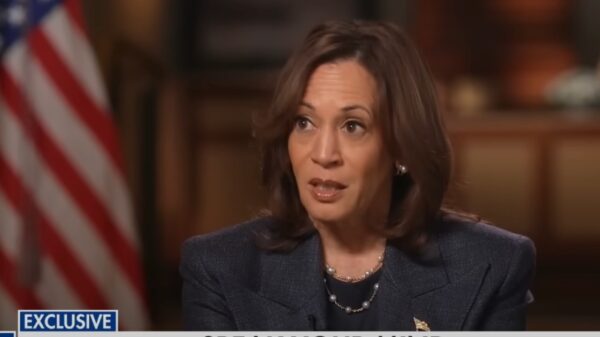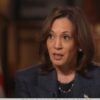The attitude of economists is the U.S may avoid a recession this year. But last month, a Guardian/Harris poll found that 56% of Americans believe the U.S. is already in a recession.
Some economic analysts have opposing views on whether the U.S. consumer will slow down or maintain their spending in the summer months.
New data shows a record amount of debt households have taken on, combined with more consumers being delinquent on their credit card bills. Some analysts believe this will cause a downturn in the economy in the next several months.
However, the National Retail Federation (NRF) says that while economic growth may slow down, consumers remain ‘willing to spend.’
“U.S. economic growth for the remainder of this year will depend on several factors, particularly the pace of job growth, inflation, and the actions that will be taken by the Federal Reserve. “The good news is that the economy is growing, inflation is moderating, and overall fundamentals look fine as increased consumer spending supports underlying momentum,” said National Retail Federation Chief Economist Jack Kleinhenz.
In June’s issue of NRF’s Monthly Economic Review, the group predicts the economy will grow about 2.3% over 2023 and expects inflation to come down.
But not all economists are on board with that scenario.
Peter Earle, economist for the American Institute for Economic Research, believes the U.S. could be entering a period of not higher inflation but stagflation, where the U.S. will see higher unemployment and higher than-normal inflation.
“You just can’t look at the recent data with consumers having higher credit card debt and seeing more part time jobs being created than full time jobs and not come to the conclusion that the economy will do better, I don’t see that happening,’ said Earle.






















